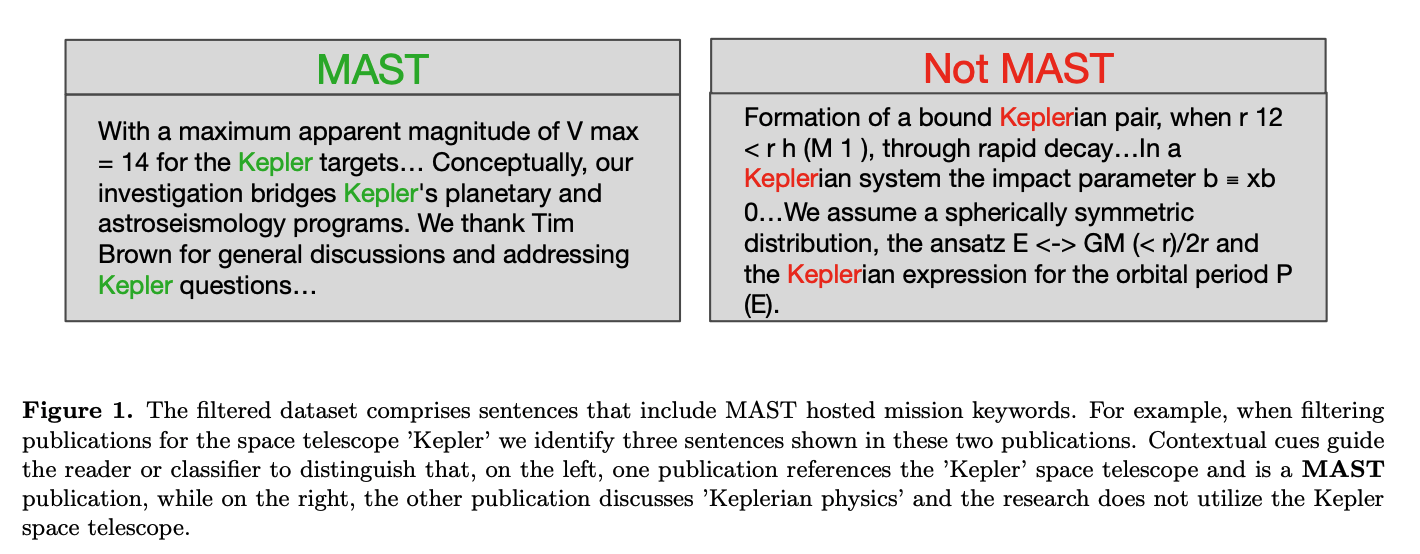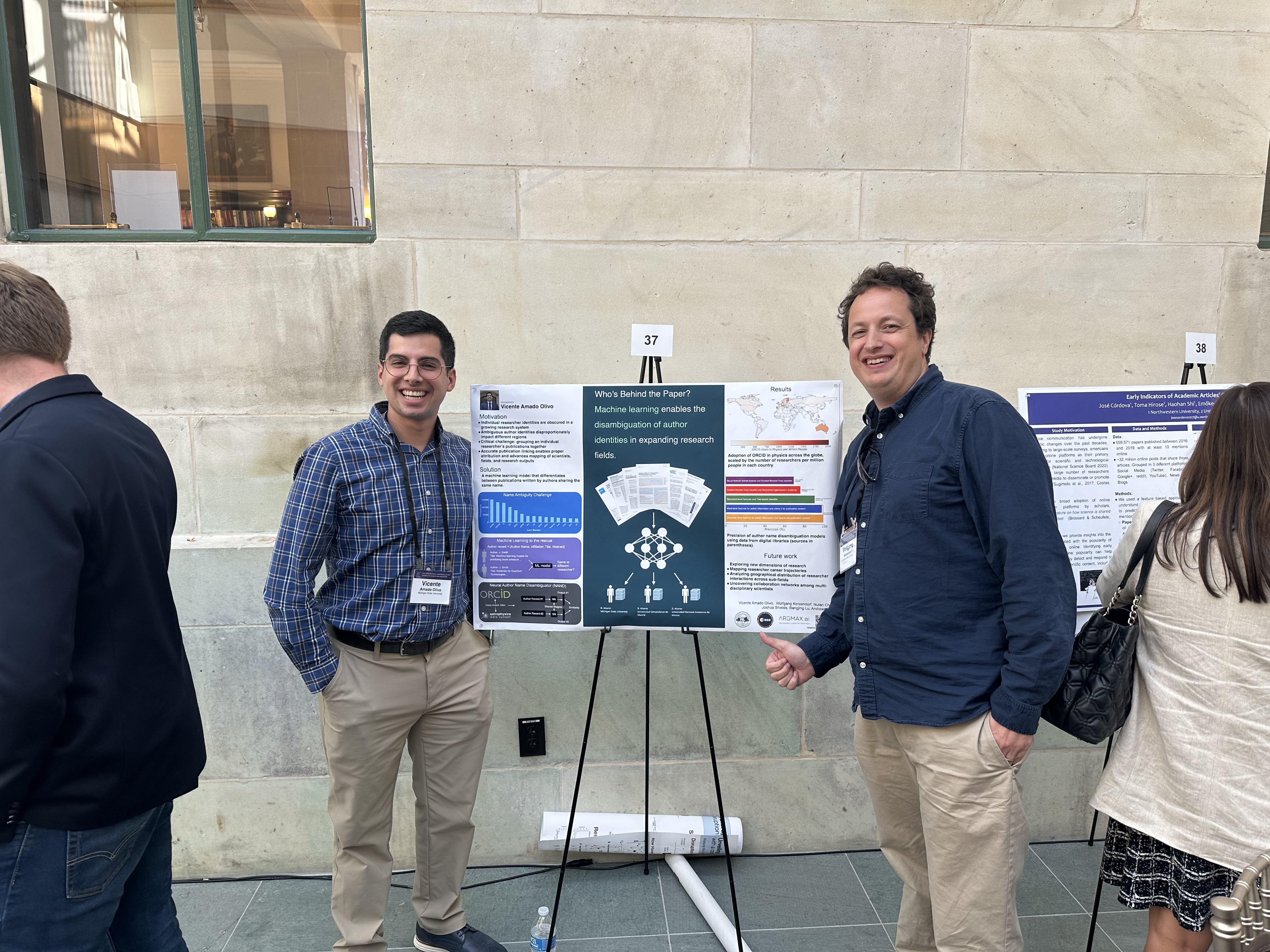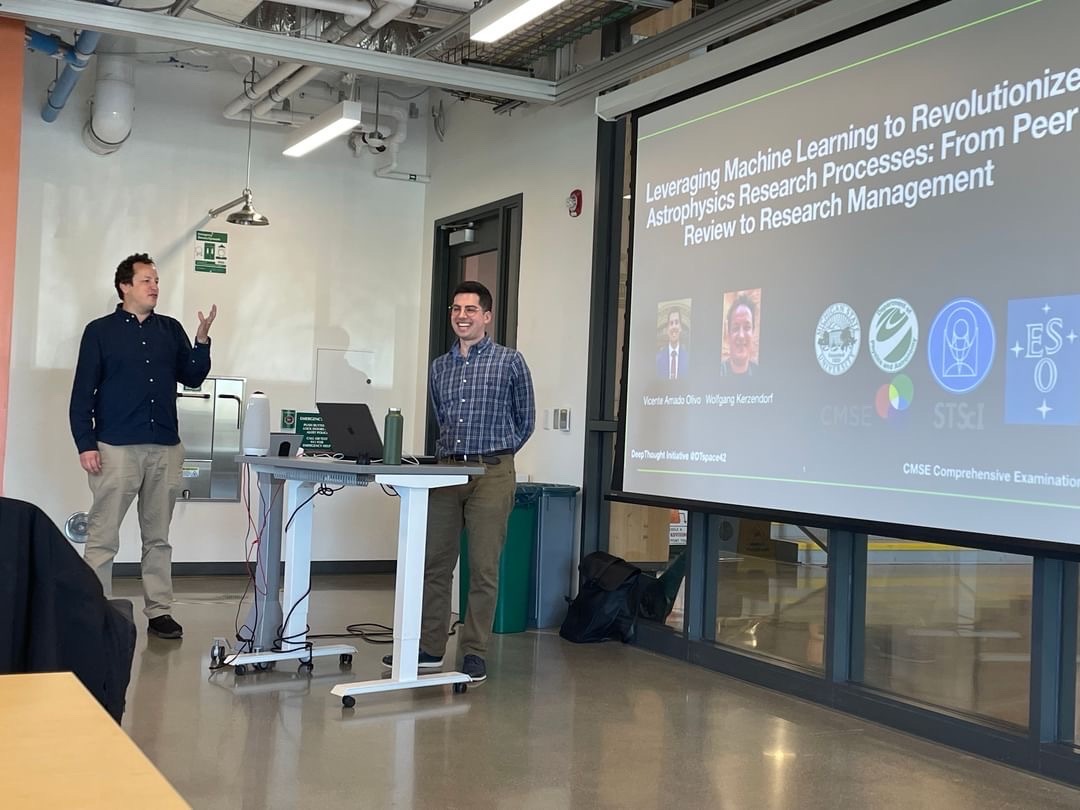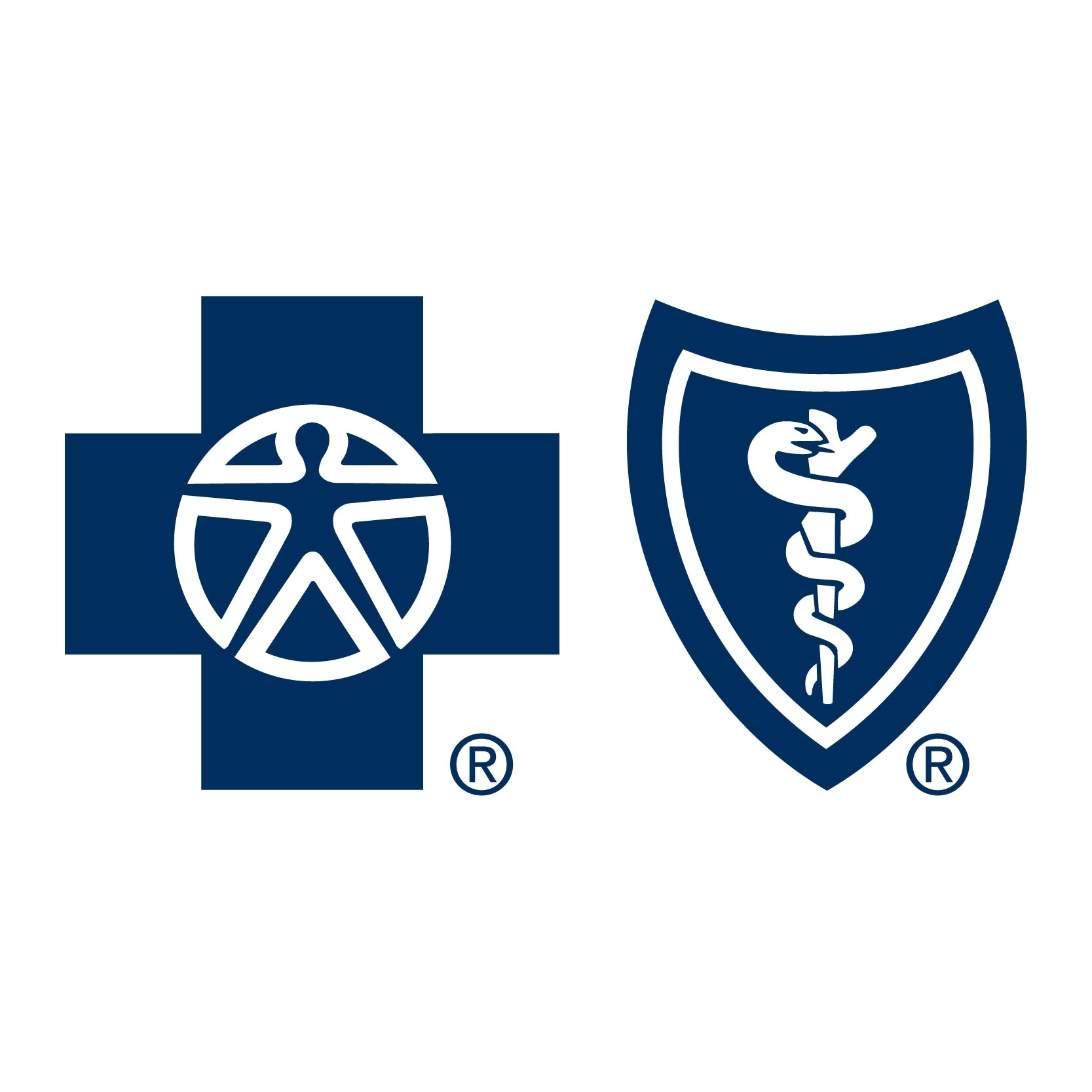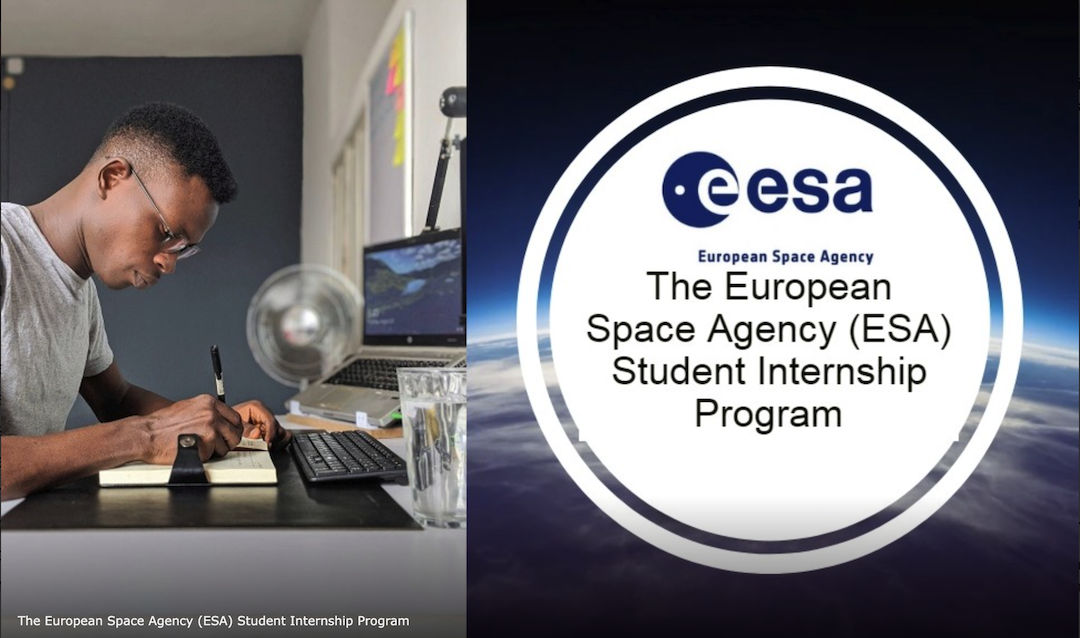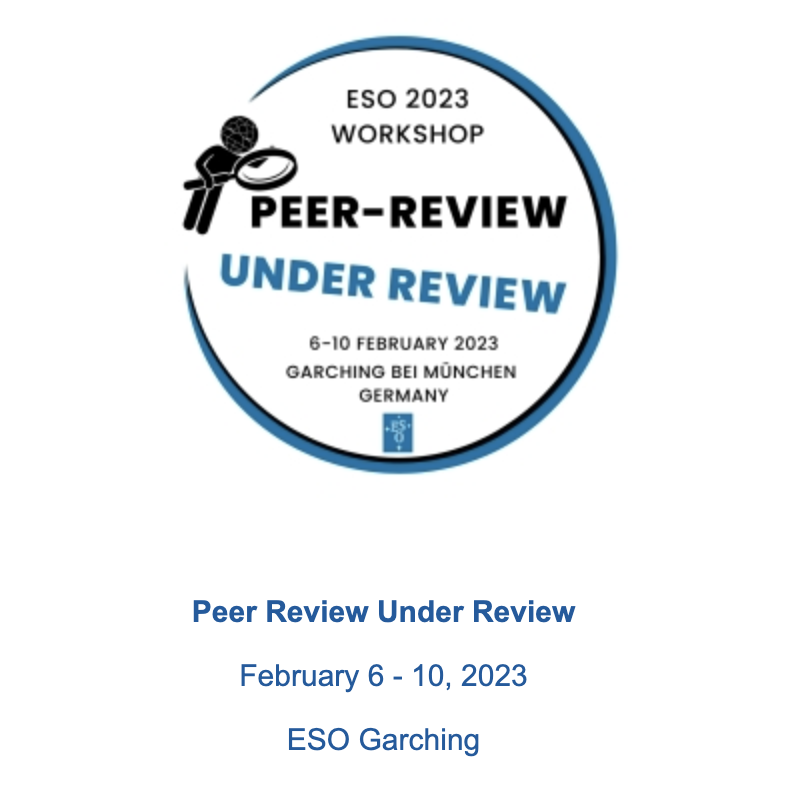Undergraduate
Award
Conference
Our Student Gracie wins best talk at the ACRES MSU NSF Research Experiences for Undergraduates Symposium
Poster
Metaresearch
Conference
Vicente Amado Olivo Bridges Machine Learning and Science of Science at ICSSI
Undergraduate
Internship
Unveiling Earth's Secrets with AI: Our Undergraduate Benjamin Lands Oslo Internship
Undergraduate
Internship
From Research to Real-World Impact: Our Undergrad Bea Joins BCBSM's Analytics Center
Metascience
Conference
